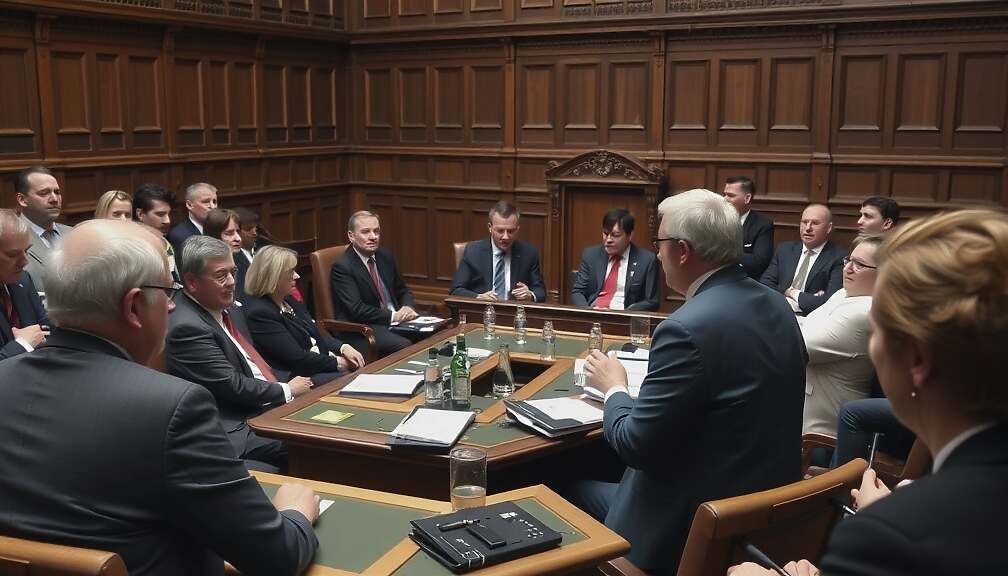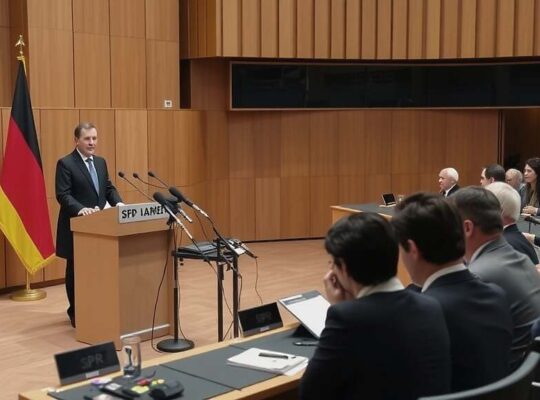The German Bundestag is set to debate a potential end to daylight saving time next week, spurred by a legislative proposal from the AfD faction. The draft law, titled “Zur Abschaffung der Sommerzeit” (Towards the Abolition of Daylight Saving Time), aims to permanently fix Germany’s legal time to Central European Time (CET), eliminating the twice-yearly clock changes.
The AfD’s move capitalizes on a 2019 assessment by the European Commission which, following a review of seasonal time adjustments, concluded that member states are free to either maintain the current practice or establish a permanent time – either summertime or standard time. This effectively removed the EU-wide mandate requiring the biannual shift.
The legislative push draws attention to a controversial 2018 EU-wide consultation involving 4.6 million citizens. While the methodology has been questioned by experts due to the potential for online manipulation, the survey indicated overwhelming opposition, with 84% of respondents expressing a desire to abolish the time changes. Subsequent, more rigorously conducted polls continue to reflect a majority sentiment against the practice.
The debate arrives ahead of the next seasonal shift to standard time, scheduled for October 2025, when clocks will be moved back one hour. While proponents of the AfD proposal frame it as a response to popular demand and a recognition of the EU Commission’s flexibility, critics argue the timing is politically motivated, leveraging public discontent for partisan gain. The move underscores a broader tension regarding Germany’s relationship with EU directives and raises questions about the influence of populist agendas in legislative decisions. Furthermore, the potential for manipulation in large-scale online consultations highlights the complexities and vulnerabilities of gathering public opinion in the digital age, potentially impacting the legitimacy of future policy decisions.












